

Discover more from Weapons and Strategy
CNN reported Macron's comments this way:
Macron said that "he and the other 21 European leaders present did not agree on deploying military personnel [to Ukraine], [but] the prospect was discussed openly.
“Nothing should be ruled out,” [Macron] said. “We will do anything we can to prevent Russia from winning this war.”
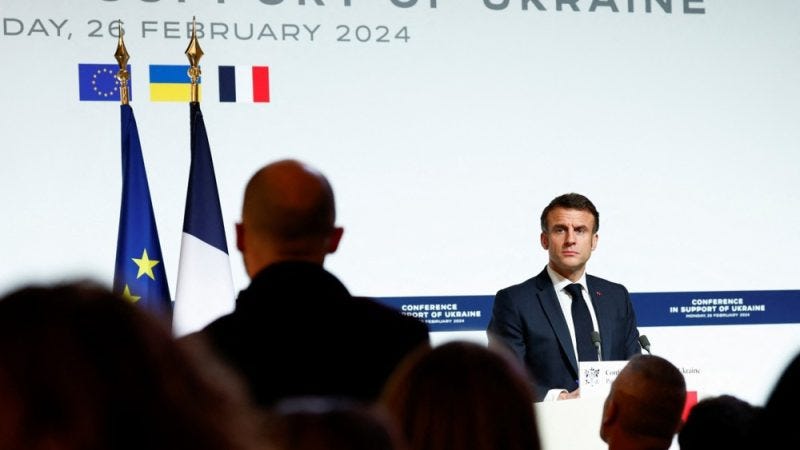
In almost the blink of an eye German Chancellor Olaf Scholz, who attended the meeting that took place in Paris, claimed that the question was debated but that European leaders unanimously rejected sending troops to fight in Ukraine against Russia. He was backed up by NATO Secretary General Jens Stoltenberg (the same fellow who gave "permission" to Ukraine to bomb Russia with its forthcoming F-16s).
Marie Le Pen, the chief French opposition leader, took immediate issue with Macron: "Je ne sais pas si chacun se rend compte de la gravité d’une telle déclaration. Emmanuel Macron joue au chef de guerre mais c’est la vie de nos enfants dont il parle avec autant d’insouciance. C’est la paix ou la guerre dans notre pays dont il s’agit." [I don't know if everyone realizes the seriousness of such a statement. Emmanuel Macron plays the war leader but it is the lives of our children that he speaks about with such carelessness. It is peace or war in our country that is at stake.]
The public reaction to Macron’s pronunciamento was very negative. In an Instant poll asking “Are you willing to send French ground troops to Ukraine?” the French public said “no” by more than 3 to 1.
The Paris meeting was organized by the EU to show solidarity with Ukraine at a time when support for Ukraine is slipping in Europe and the United States.
Along with Macron, the meeting was attended among others by German Chancellor Olaf Scholz, Polish President Andrzej Duda and Dutch Prime Minister Mark Rutte. Rutte is on his way out of power in the Netherlands and is gunning to become the next Secretary General of NATO. Duda, Poland's president, is rapidly losing popularity and he faces a farmer's revolt that has blocked Ukraine from shipping cheap corn and wheat into the EU. German Chancellor Scholz's popularity has apparently hit rock bottom in Germany. His support currently stands at 28 percent and may go lower still as the recession's grip on Germany grows.
One of the outcomes of the EU meeting was support for longer range weapons for Ukraine, although Scholz has been emphatic recently that Germany will not send Taurus cruise missiles to Ukraine. Taurus missiles have a range of 500 km (311 miles).
The Question of Mercenaries
There are hundreds, if not thousands, of foreign "volunteers" in Ukraine, the largest contingents coming from Romania, Poland and France, supplemented by British, German and other foreign troops. Americans also are in Ukraine in significant numbers, and some have been killed as a result of bombings or front line action.
"Volunteers" apparently are well paid and strongly supported by European governments. They divide roughly into three main categories: technically trained weapons' operators; intelligence and tactical advisors; and front-line fighters.
Russia claimed it killed some 60 French "volunteers" when it hit a hotel used as a barracks in Kharkiv. France denied that was the case, then called in the Russian Ambassador to Paris to admonish the Russians for killing French citizens. Similarly, Russian strikes on Patriot batteries, air fields and command centers have taken the lives of numerous foreign "volunteers."
Meanwhile the New York Times has revealed that the US is operating at least 12 CIA stations along the Russian borders. These intelligence centers are helping Ukraine identify targets inside Russia, which is their main purpose. Not only are these intelligence operations geared to providing actual military intelligence, they are engaged in fingering civilian and military targets in reach of Ukraine's longer-range weapons. Beyond that, the Times reports that the CIA is supporting Ukrainian Special Forces Unit 2245, which is used for commando attacks inside Russia's borders, and an outfit known as the Fifth Directorate, which are assasination squads that operate on Russian-held territory and in Russia itself.
It is likely that a drone attack that destroyed a Russian strategic nuclear bomber was based on intelligence provided by the CIA (the strike was reported by British intelligence). Russia lost a Tu-22M3 Backfire bomber at the Soltsy-2 airbase, 400 miles (650km) from the border with Ukraine was hit by long range kamikaze drones last August 19. It is noteworthy that the strike was aimed at a nuclear bomber which may have been armed at the time.
The CIA stations are "official" but secret and surely the Russians know about them, as they know about frequent reconnaissance and targeting operations carried on by US, British, French and other aircraft and drones over international waters in the Black Sea.
The growing number of "volunteers" operating in Ukraine is making it difficult for NATO states to maintain "plausible deniability." While the NATO countries say they oppose sending troops, a case can be made they have already done so.
The Hidden Conclusion of the EU Paris Conference
The EU is taking an ever increasing role in Europe, perhaps seeking to supplement if not replace NATO. Europeans are concerned that if Trump wins the coming presidential race in the United States, he might significantly reduce US support for NATO. The EU is seeking to fill the vacuum.
One problem for the EU is that it is not a military organization and its operations are not based on any military treaty or pact. So it is riding on the back of NATO for now and trying to drive NATO decisions.
Macron's statement is based on the prevailing mood in European capitals that Ukraine is losing and Russia is about to win the war in that country. It is likely this mood derives from what European leaders are being told by NATO analysts and by their own intelligence organizations.
No Plan B
Macron's proposal to send NATO troops to Ukraine and its apparent total rejection suggest that Europe has no "Plan B" in respect to Ukraine, other than to push more weapons to the Ukrainians in the furtive hope the weapons may turn out to delay the inevitable.
But even in supplying weapons, the Europeans rarely deliver all that they promise. Ukraine complains that only about half the supplies they were expecting eventually show up. This includes practically everything, ranging from air defense missiles to howitzer shells. (Ukraine also complains many of the weapons are not fit for purpose or are old and inoperable,)
Even the French have become cautious, despite the bombast coming from Macron. The French government said that a Ukrainian claim that the two sides were negotiating the transfer of Mirage jets to Ukraine was not true, and France had no intent to send Mirage jets to Ukraine.
But the real deficit is one that applies not only to the Europeans but also to the United States. There is no alternative plan, no Plan B, to deal with a Russian victory in Ukraine. Even Ukrainian leaders now understand they are in a trap.
By rejecting timely negotiations with Russia, the US and NATO have set themselves up for a humiliating defeat, and the Ukrainians will probably have to adjust to Russia's victory, however reluctantly.




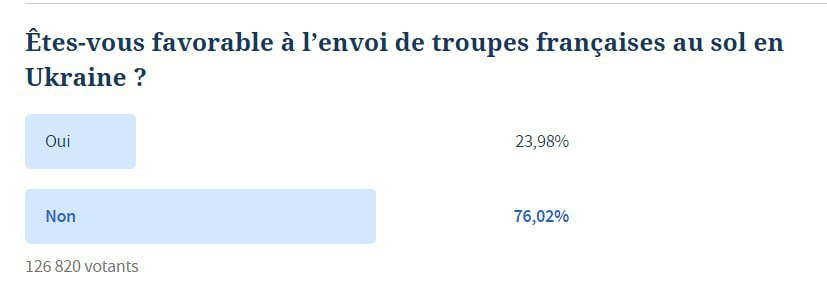
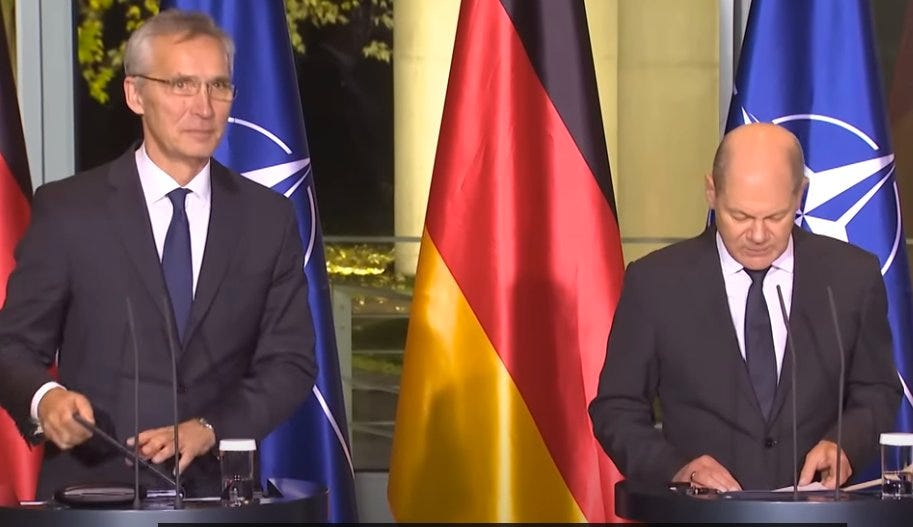

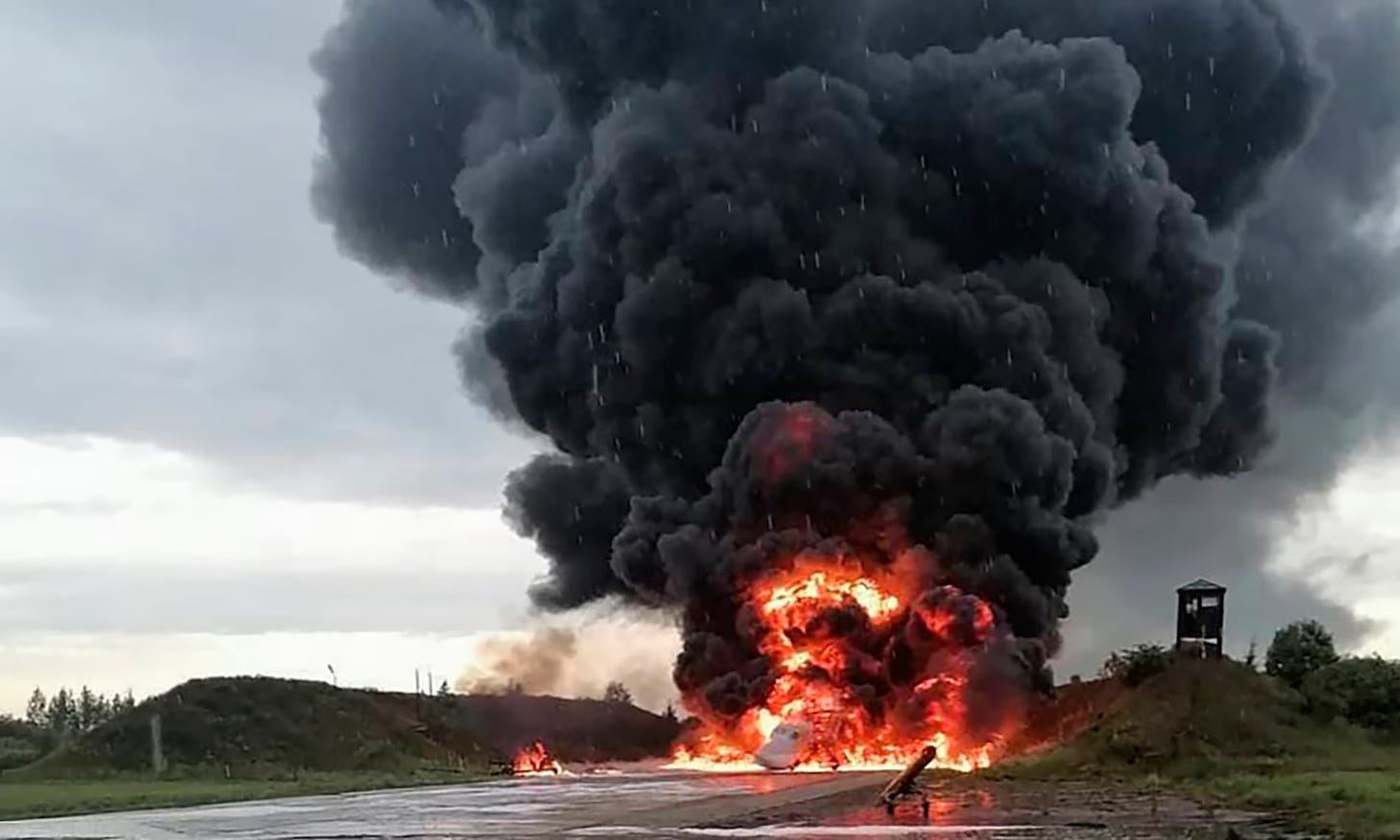





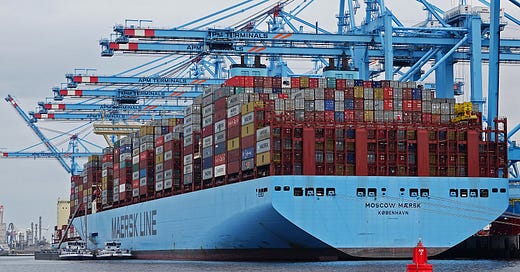

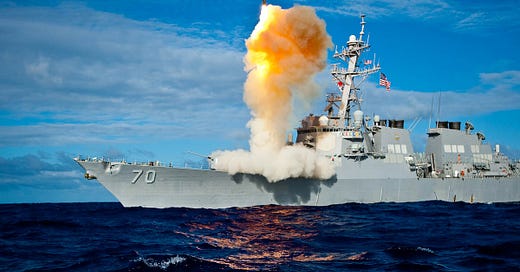

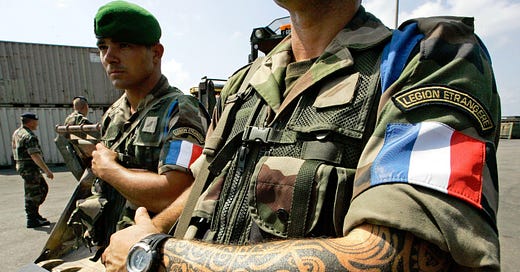

Russia drastically miscalculated the sociopathy of western leaders. They would destroy 99% of life on earth without hesitation, if that were the price of dominion over what remained.
They see Russian restraint not as reasonableness or humanitarianism, but as contemptible weakness.
What astounds me is the lack of thought, going all the way back to 1997. And, of course, no-one was ever punished for any disasters, no matter how bad (e.g., the invasion of Iraq in 2003), so the system never learns from its mistakes.